Description
Product Features
| Product Name | : | Ivosenib |
| Generic Name | : | Ivosidenib |
| Formulation | : | Tablets |
| Available Pack Size | : | 60’s Pot |
| Available Strength | : | 250 mg |
| Registrations | : | Export Only |
Why Ivosidenib prescribed?
Ivosidenib (Ivosenib) is prescribed for specific cases of acute myeloid leukemia (AML), a type of cancer originating in white blood cells. It’s used when AML has returned or hasn’t improved after prior treatments. Ivosidenib is also employed on its own or with azacitidine (Onureg) as a first treatment for a certain AML type in adults over 75 years old.
Additionally, it’s used in adults who’ve undergone previous treatments to address a particular type of cholangiocarcinoma (bile duct cancer) that has spread. Belonging to the IDH1 inhibitors class, ivosidenib (إيفوسيدينيب) works by slowing or halting the growth of cancer cells.
Drug Interactions
Like many medications, can interact with other drugs, potentially affecting their effectiveness or increasing the risk of side effects. It’s crucial to inform your healthcare provider about all the medications, vitamins, and supplements you are currently taking to ensure safe and effective use of Ivosidenib.
Strong CYP3A Inhibitors: Drugs that are strong inhibitors of the CYP3A enzyme system may increase the concentration of إيفوسيدينيب in the body. This can potentially lead to an increased risk of side effects. Examples of strong CYP3A inhibitors include ketoconazole, itraconazole, clarithromycin, and ritonavir.
Moderate CYP3A Inhibitors: Medications that are moderate inhibitors of CYP3A may also interact with Ivosidenib, though the effect may be less pronounced compared to strong inhibitors. Examples include fluconazole, diltiazem, and erythromycin.
Strong CYP3A Inducers: Drugs that strongly induce the CYP3A enzyme may decrease the concentration of Ivosidenib in the body, potentially reducing its effectiveness. Examples of strong CYP3A inducers include rifampin, carbamazepine.
Side Effects of Ivosidenib
Common side effects
- Fatigue: Feeling unusually tired or weak is a common side effect.
- Nausea: Some individuals may experience nausea, which could be mild to moderate in intensity.
- Dizziness: Feeling lightheaded or dizzy may occur.
- Increased Levels of Bilirubin: Ivosenib can cause an increase in bilirubin levels in the blood, which may lead to jaundice (yellowing of the skin or eyes).
- Diarrhea: Some people may experience diarrhea as a side effect.
- Differentiation Syndrome: This is a specific side effect associated with Ivosidenib and other IDH inhibitors. It can cause symptoms such as fever, cough, difficulty breathing, bone pain, and rapid weight gain. If these symptoms occur, it’s essential to seek medical attention promptly.
- Electrolyte Abnormalities: Changes in electrolyte levels, such as low potassium or low phosphate, can occur.
- Swelling: Swelling of the arms or legs may occur.
Serious Side Effects of Ivosidenib
- Differentiation Syndrome: This is a potentially severe side effect associated with Ivosidenib and other IDH inhibitors. It can cause symptoms such as fever, cough, difficulty breathing, bone pain, and rapid weight gain. Differentiation syndrome may require immediate medical intervention.
- QT Prolongation: Ivosenib can cause prolongation of the QT interval in the heart’s electrical activity. This may lead to an increased risk of certain heart rhythm abnormalities. Patients with a history of QT prolongation, arrhythmias, or those taking medications that also prolong the QT interval may be at a higher risk.
- Liver Problems: May cause liver problems, including an increase in liver enzyme levels and, rarely, severe liver toxicity. This can manifest as jaundice (yellowing of the skin or eyes) and other symptoms of liver dysfunction.
- Increased Risk of Bleeding: It may increase the risk of bleeding, and severe cases of bleeding have been reported.
- Leukoencephalopathy: Cases of posterior reversible encephalopathy syndrome (PRES), a rare and serious brain condition, have been reported.
- Tumor Lysis Syndrome: This is a condition where cancer cells release their contents into the bloodstream rapidly, leading to metabolic imbalances. It is a rare but serious side effect.
Dosage
For the treatment of relapsed or refractory acute myeloid leukemia (AML) with an IDH1 mutation:
- Recommended Dose: The typical dosage is 500 mg (250 mg twice) orally once daily.
- Administration: Ivosenib can be taken with or without food.
- Treatment Duration: The treatment duration can vary, and it is determined by the treating healthcare provider based on the individual’s response to the medication.
Storage
- Temperature: Ivosenib should be stored at room temperature, typically between 20°C to 25°C (68°F to 77°F).
- Protection from Light: Avoid exposure to direct sunlight or other sources of intense light.
- Moisture: Keep it in a dry place. Do not store the medication in the bathroom, where moisture levels can be high.
- Container: Use the original container with the lid tightly closed. This helps protect the medication from moisture and ensures that it remains in its proper condition.
- Keep Out of Reach of Children: Store in a location where it is out of reach of children and pets.
Countries where our service provided
Delivering worldwide including United State (USA), United Kingdom (UK), Saudi Arabia, Dubai, Kuwait, Qatar, Philippines, Nepal, Malaysia, Indonesia, Thailand, Poland, Peru, South Korea, New Zealand, Netherlands, Georgia, France, Egypt, Australia, Germany, Canada, Uzbekistan, Lebanon, Mexico, Singapore, Vietnam, Pakistan, Bangladesh, India
For more Medicine, Visit Our Shop




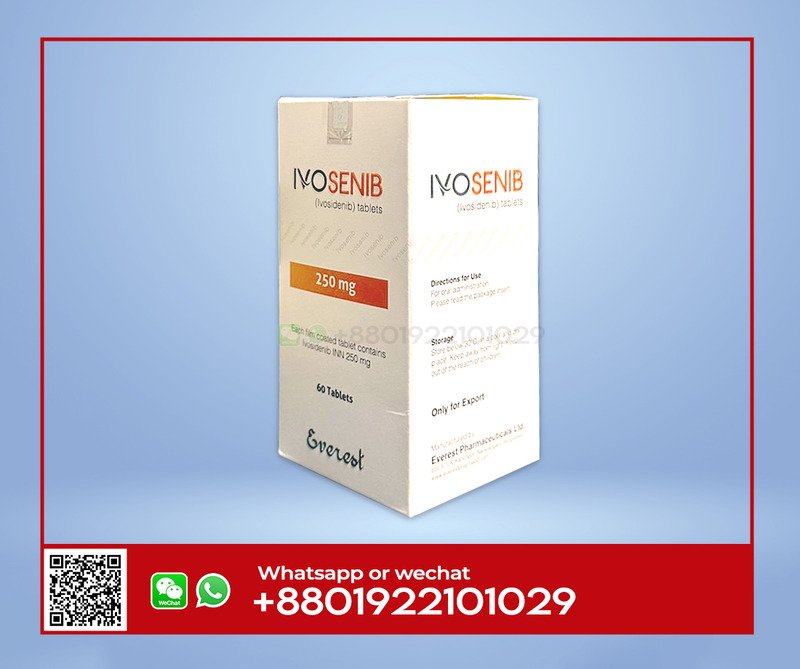
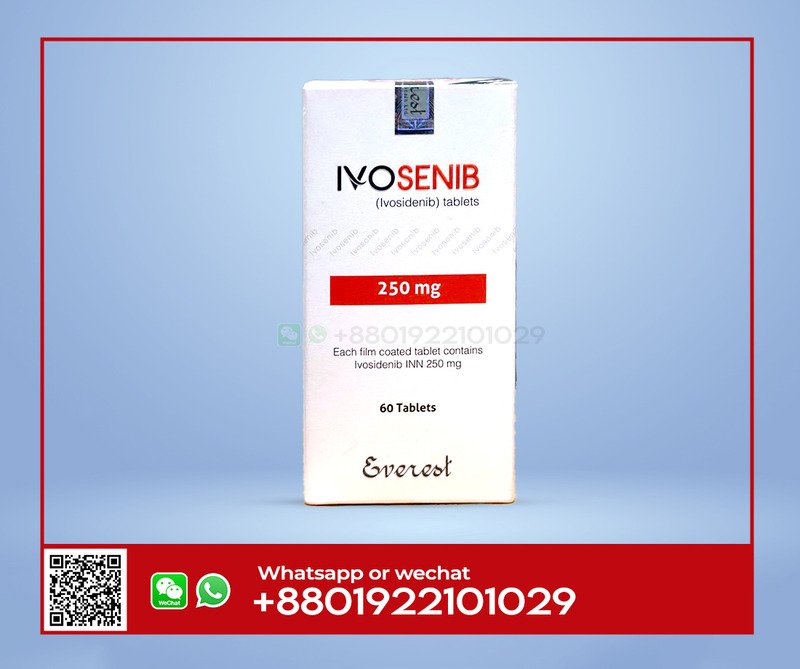



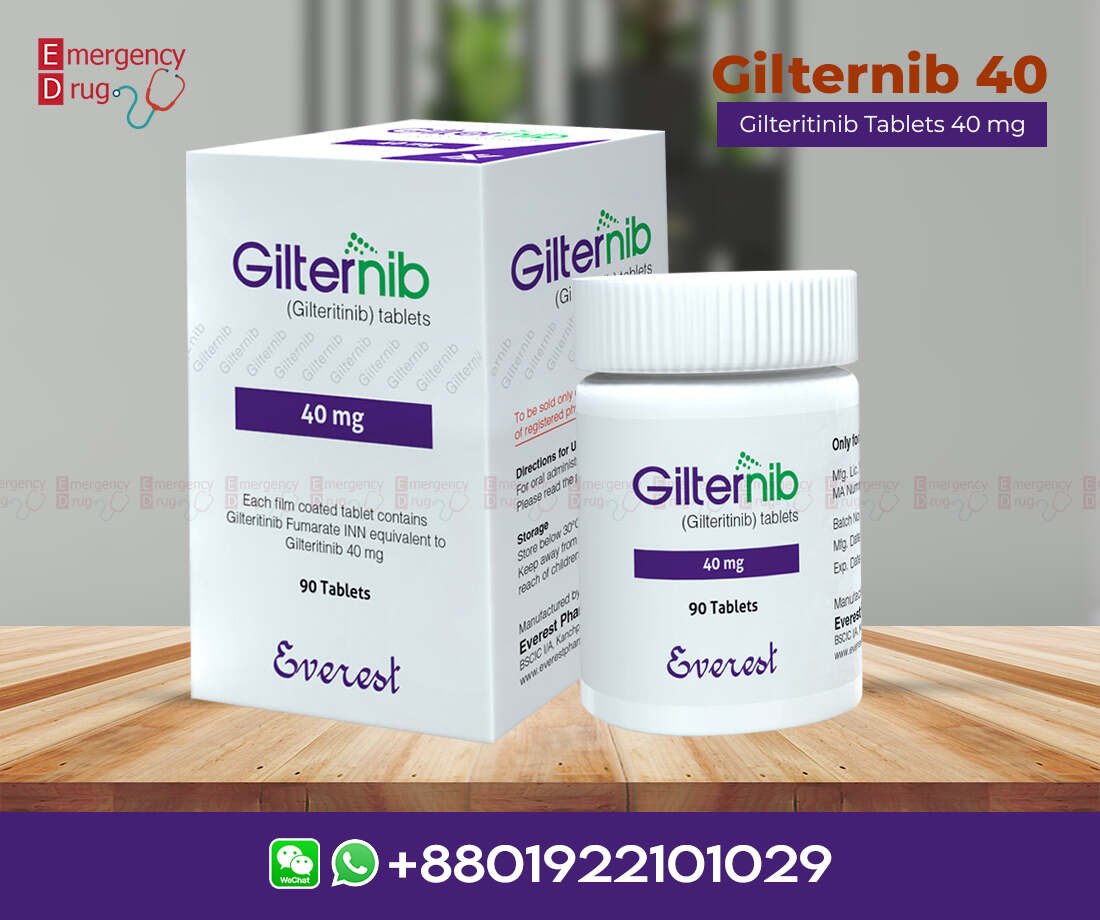
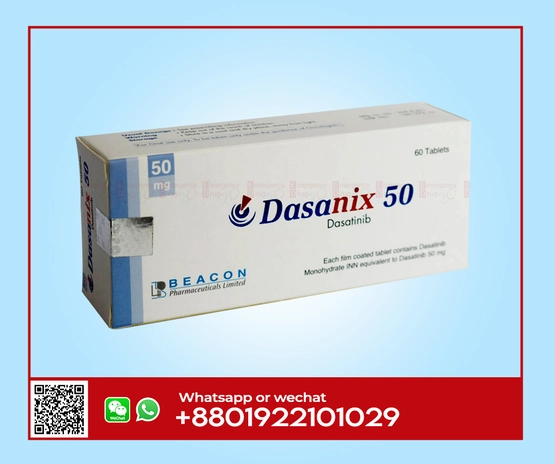
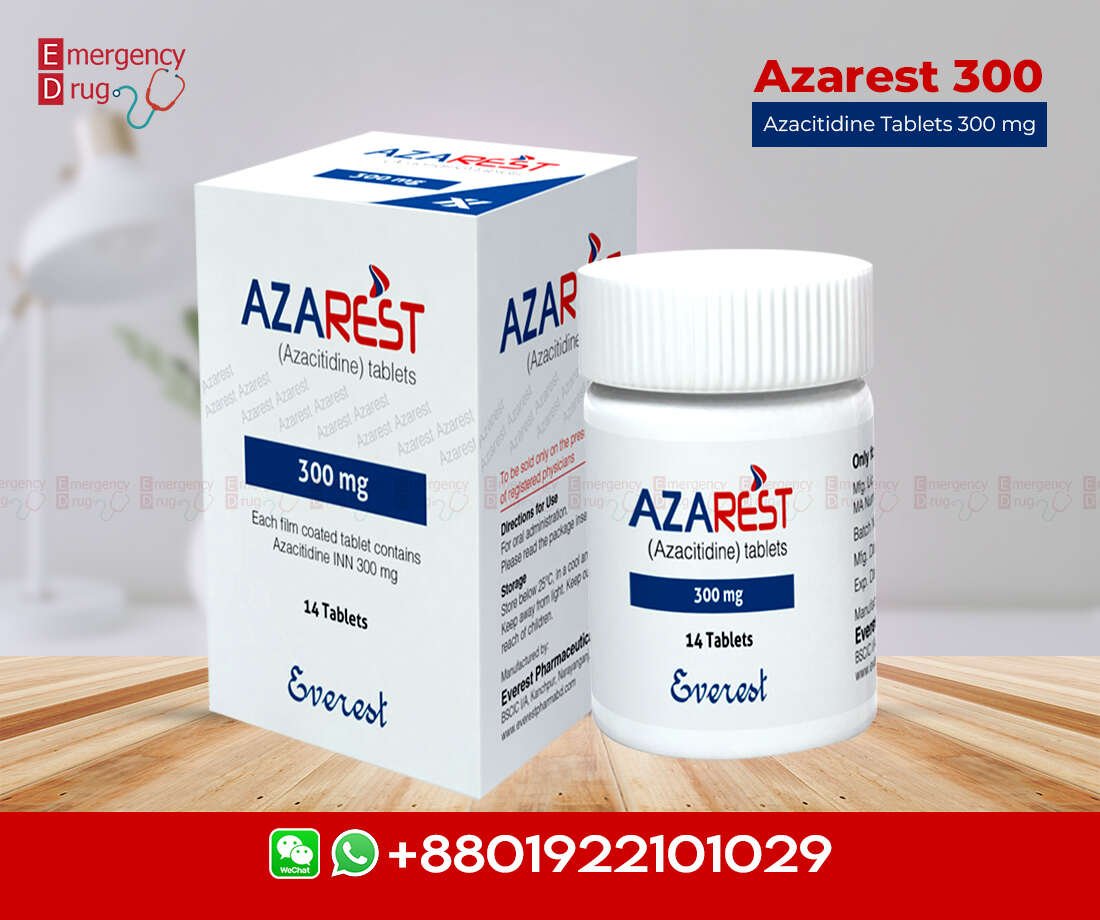
Reviews
There are no reviews yet.